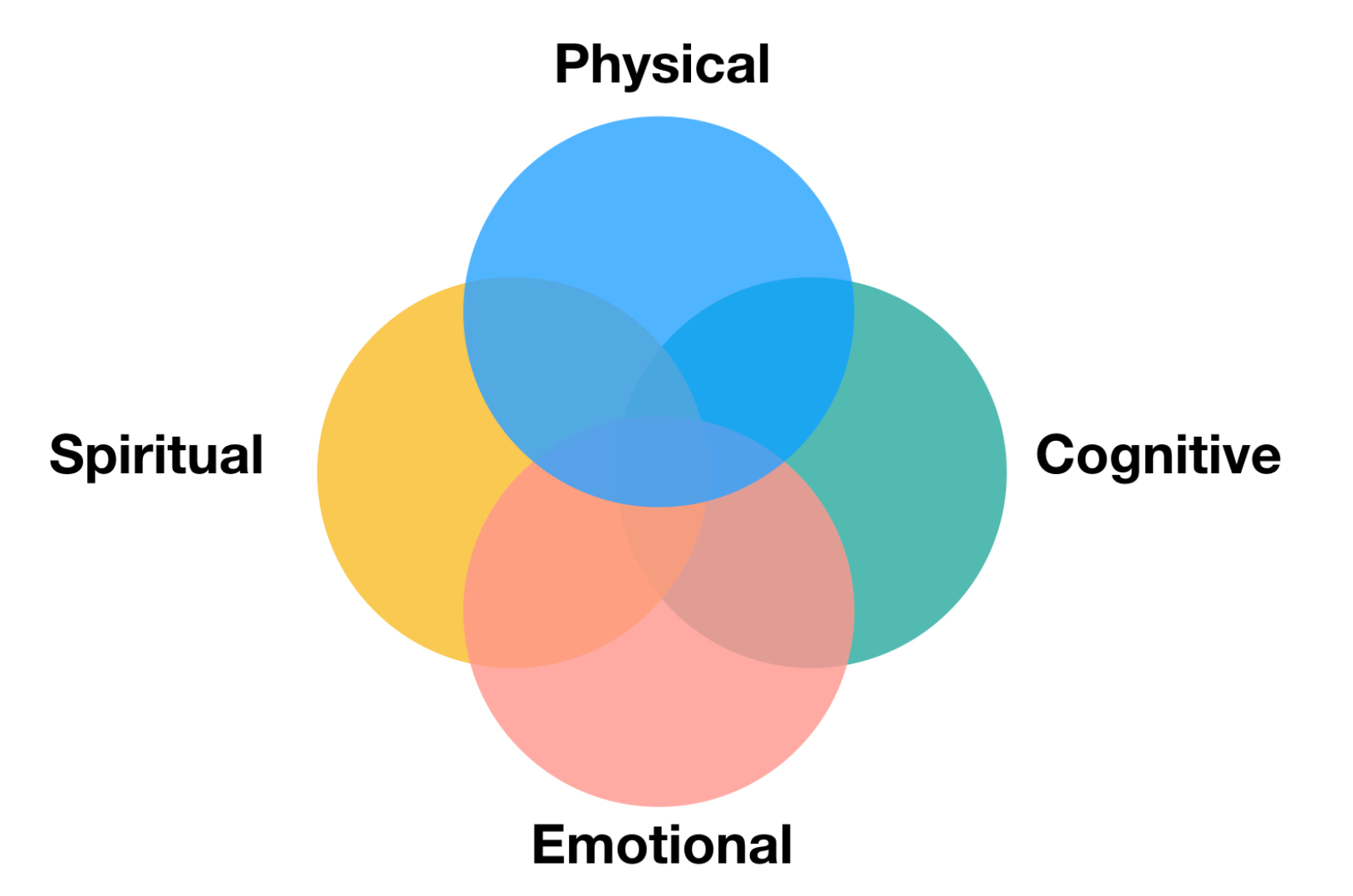Why Do I Feel so Tired All the Time? Where’s All My Energy Gone?

"I start the day feeling like a wet washrag. I like what I am doing, but I still dread having to drag myself to work every day. I feel so tired and lacking in energy. It's reached the stage where my performance at work is being affected."
Every one of us feels tired now and then; this is normal. It's a safety mechanism built in to ensure that we don't wear our bodies out. Feeling chronically tired, day in and day out, is not normal. Energy is more than just a physical issue. Mental, emotional and spiritual factors can impact on our energy levels.
Four Kinds of Energy
Let's stop for a minute or two and dissect out what "energy" is all about. It's the sum of 4 elements.

1. Physical energy: This is the element that emanates from our bodies. It is what gives us the capacity to carry out physical tasks. In today's world, the demand for physical energy is small. Most of us do work at a desk or, at best, minimal amounts of moving around. We no longer need to put in 8 to 10 hours of hard, manual labour at a farm; toil at a construction site or haul loads over large distances. We are well-fed and sheltered from natures inclemencies. It's only during times of illness that there is any direct diminution of physical energy. We take access to adequate, balanced meals and shelter from common ailments for granted.
2. Cognitive energy: Much, if not all, of the work we do, is carried out through mental efforts. Intellectual activity has replaced physical labour. The critical fuel is cognitive energy. It's is not always readily available., It can be altered or diminished by outside forces that impinge on our daily activities, over many of which we have no direct control.
3. Emotional energy: It hardly needs saying that our physical and mental processes are frequently affected by emotions. When we feel good -- are on a high -- we can do things with exceptional physical and cognitive ease, Complex problems can be solved smoothly. Feeling down can convert the most straightforward tasks to Herculean efforts. Emotional energy is even more fickle and unreliable than the previous two.
4. Spiritual energy: Human beings are uniquely endowed with consciousness. We can observe ourselves from a detached perspective and look for elements that the rest of creation can't: beauty, truth, morality and, most of all, an ineffable entity called "purpose" -- an energy source that can render all our actions deeply inspiring or tragically meaningless. Spiritual energy fuels these activities. It is the most intangible, yet the most crucial of the four energies.
Filling the Personal Energy Tank
All four elements have to be nurtured if the human-machine is to perform at peak efficiency. There is no quick fix, however. Many little things have to be done right, now and forever. Here's the prescription.
1. Physical energy
Food is an essential aspect of physical energy. The problem, for most of us, at present, is one of excess. At no other point in human history has there been so many choices, mostly unhealthy. We are falling prey to the downside of overeating. Michael Pollan, the internationally renowned food writer, gives the best advice regarding nutritional sense:
Eat food, mostly plants, in small quantities -- Michael Pollan
By "food", Pollan is referring to meals and snacks that are as close to the natural state as possible: minimally processed, freshly cooked, without too many additives and garnishing. Practically speaking, Pollan advises us not to eat anything that our grandmothers would not recognise or acknowledge as food. The critical portion of the sentence lies in the third component: small quantities. We eat way too much.
Dietary plans, regimens and fads bombard us. It is safe to say that most, if not all, are not supported by scientific evidence. Common sense, that rare commodity, prevails.
Exercise and activity: We overeat and compound the problem by exercising too little. As our needs for physical activity have rapidly declined, we are now paying the price for a sedentary lifestyle: a physical energy shortage of profound dimension. Once again, advice on this matter is everywhere but can be summarised as: "Good quality exercise, (anywhere, anyhow) for 150 minutes or more a week."
We sit too much. Devices like standing desks are trendy, but there is no concrete evidence in support of their effectiveness. If your job involves prolonged sitting, take breaks every hour or so for a few minutes, to walk around or do some chair-bound stretches and exercises. Use the stairs, not the elevator. Refrain from driving short distances, walk instead. Sitting is the new smoking
Say "No!" to:
- Tobacco in any form.
- Uppers, downers and all in between. (Coffee, up to 2 -3 cups a day is OK. )
- Sugary drinks.
- Alcohol in large quantities, regularly. There is a robust, recent study that indicates that all alcohol is bad. The jury is still out on this (and I hope, will return a "not guilty" verdict).
2. Cognitive energy
Mental activity is dependent on cognitive energy. Mental blocks are common occurrences. Without exception, the answer seems to lie in moving away from the task at hand for a short spell. A short walk amidst Nature, listening to music or reading an inspiring book can work wonders.
- Exercise is often the magic wand which breaks the spell. A brisk walk, a short run, a session at the gym: whatever suits you.
- Quite often sleeping over a problem can be the solution. As you rest, your subconscious mind goes to work, and the answer might spring up when you wake up.
3. Emotional energy
Our emotions are seldom under our control. Both physical and cognitive energy can be sapped to a great extent by strong emotions like anxiety, anger and fear. Feelings cannot be tamed by confrontation; they may worsen when we try. The breath is, under most circumstances, an activity that is under our control. Breathing exercises can be simple, effective methods of controlling powerful, negative emotions and restoring a sense of calm.
4. Spiritual energy
Spiritual energy is elusive. The best way to harness it is the practice of mindfulness -- living in the present moment. Here are some suggestions.
Welcome everything. Push away nothing, even stuff you dislike.
Not everything that can be faced can be changed, but nothing can be changed that is not faced." -- James Baldwin
- Cultivate a "don't-know-mind". Approach every situation with no bias: with curiosity, wonder, awe and surprise. In the words of Maharishi Mahesh Yogi: Be child-like, not childish. Stay open to possibilities.
- Don't wait until the end. Don't be overcome by regret at kind words left unspoken until there is no time left. Tell your loved ones about how you feel.
It's not an easy road to walk, but the rewards are immense. Our lives are short and can be meaningfully lived only when we reach and tap the energy source that drives the engine of our selves.
Too many of us are hung up on what we don't have, can't have, or won't ever have. We spend too much energy being down, when we could use that same energy – if not less of it – doing, or at least trying to do, some of the things we really want to do.” ― Terry McMillan , Disappearing Acts
Dr Arjun Rajagopalan
{P}rescription
All rights reserved
